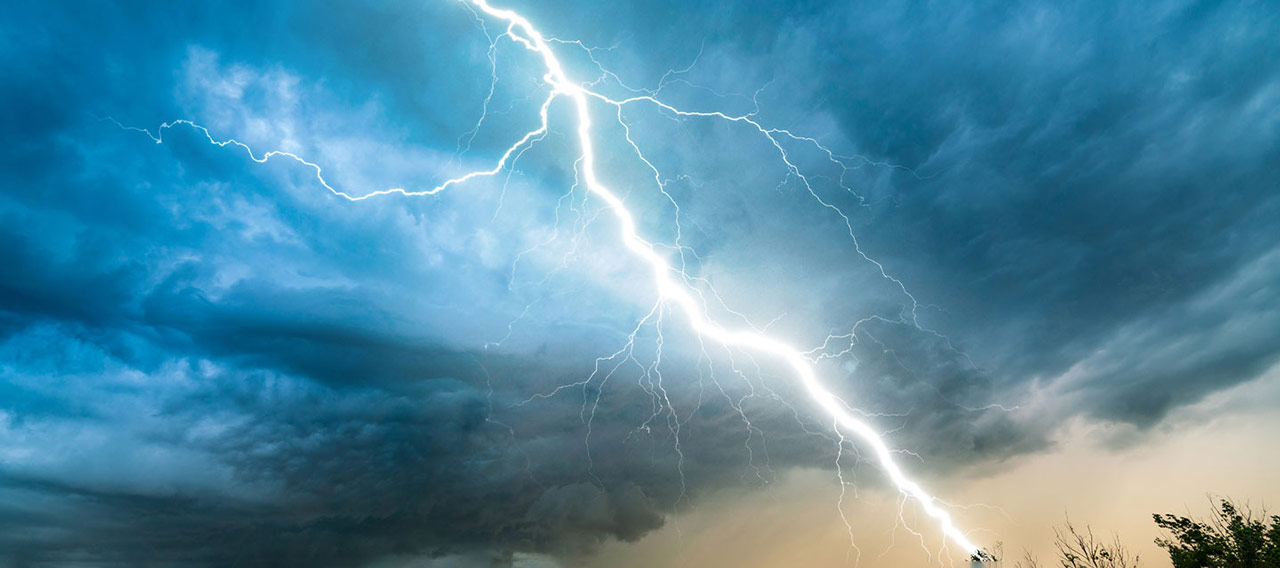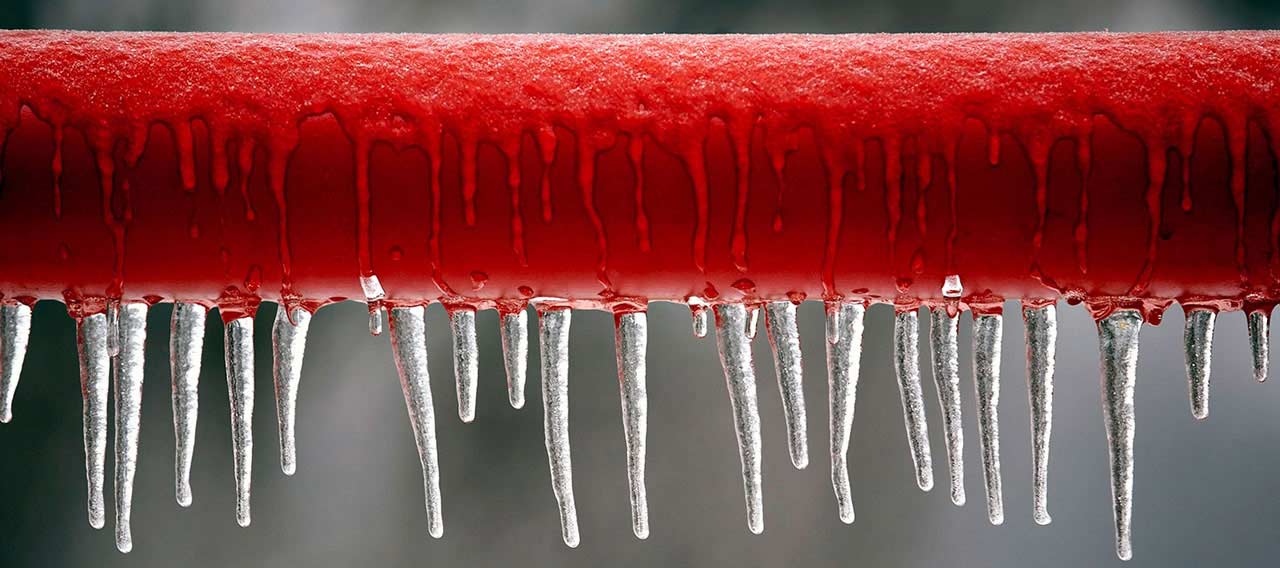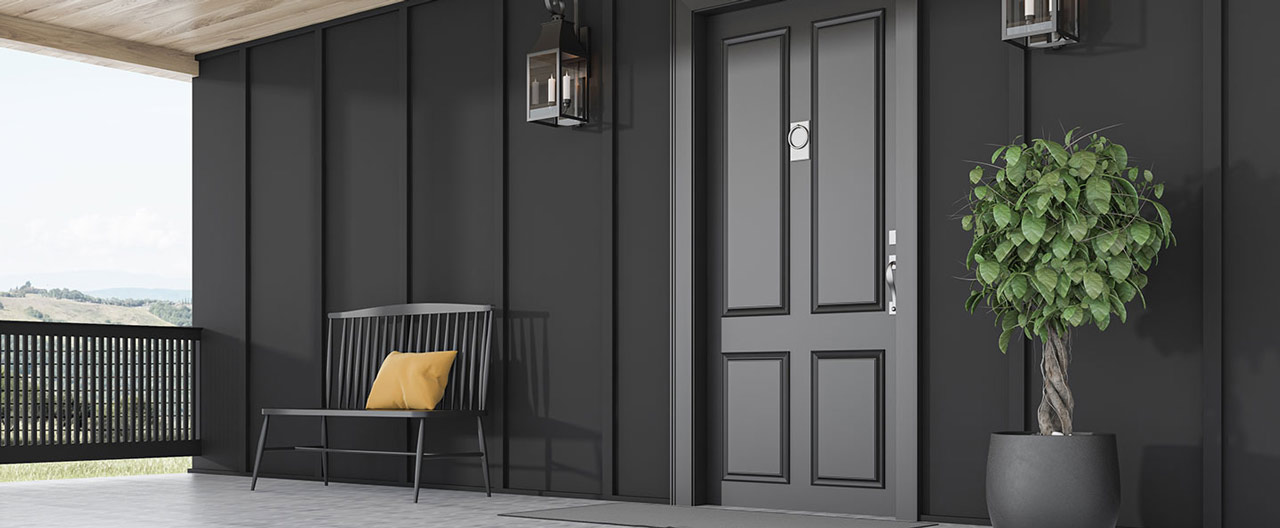- Individuals & Families
- Businesses
- Agents & Brokers
- Embedded Insurance

Chubb ranked #1 for Customer Satisfaction with the Home Insurance Claims Experience

Chubb ranked #1 for Customer Satisfaction with the Home Insurance Claims Experience

Chubb ranked #1 for Customer Satisfaction with the Home Insurance Claims Experience

Chubb ranked #1 for Customer Satisfaction with the Home Insurance Claims Experience

Because pets are family, Chubb now offers pet insurance with top-rated coverage from Healthy Paws.

Chubb offers the insurance protection you need for travel’s many “what ifs”.

Chubb protects small businesses at every stage – from newly formed start-ups to long-time anchors of the community.

Stay ahead of cyber threats with our free Cyber Claims Landscape Report.

Learn more about our dedicated learning paths, Online Learning Center, and more.



Many digital-savvy consumers look for it as a core or add-on option.

Many digital-savvy consumers look for it as a core or add-on option.

Many digital-savvy consumers look for it as a core or add-on option.

Chubb’s in-house technology makes it easy to integrate what we do into your customer experience.
-
About
-
Claims
-
Login & Pay Bill
For Agents & BrokersFor Travel Advisors
-
Back
As you navigate today’s uncertain world, where you may be seeing the value of your investments fluctuate unpredictably and perhaps depreciate, it’s more important than ever to protect your most important investment—your home.
Take some time to review your homeowners insurance policy and assess whether you have enough coverage to fully protect your home, your belongings, and your family in the event of theft, fire, windstorms, and other disasters.
Recovery may cost more than you think
You might be surprised to find out how much it costs to rebuild or repair your home after a catastrophe, repair a damaged piece of fine art, or defend yourself against a lawsuit alleging negligence on your part. These expenses can easily rise into the tens of thousands—and sometimes millions—of dollars. However, with enough insurance, and the right types of coverage in place, you may be able to avoid having to dip into your savings or cash in your investments.
But how much is enough? These nine questions can help you assess whether you may need to modify your coverage or increase your coverage limits.
1. Is your home located in a flood or earthquake zone?
Most homeowners policies will pay for damage to your home caused by natural catastrophes such as hurricanes, tornadoes, and wildfires—but you may need an additional policy to cover floods and earthquakes.
2. How old is your home?
If your older home gets damaged, it may need to be brought up to code when you do repairs. Common repairs include replacing all the electrical wiring in a house, upgrading the home’s heating system, and installing hurricane resistant windows or shutters on all exterior openings.
3. Did you have custom work done?
Check whether your policy covers the cost to replace the things that make your house a home, such as custom cabinets—some policies don’t pay for these types of upgrades.
4. How will inflation impact the cost of rebuilding?
Costs for skilled labor and building materials generally increase year over year.
5. How much will it cost to repair or replace or your home after a natural catastrophe?
Make sure that your building limit will cover you in a worst-case scenario. After an event, the costs of building materials and skilled labor can increase substantially.
6. Will your policy pay to fully replace your belongings?
Many policies will only pay Actual Cash Value, which means your payment will be based on the age and condition of your belongings. Find out if your insurance company offers Replacement Cost coverage, which provides for the amount it costs to replace your possessions today, without a deduction for depreciation.

7. Do you own fine art, jewelry, wine, or other collectibles?
If you have more than a couple of pieces or they are very valuable, you may need a separate policy—often called a floater or an endorsement—to fully cover them.
8. Do you know what you have?
If a fire were to destroy your home, would you know what you needed to replace? Consider creating a home inventory to keep track of your possessions and valuable personal items. This can also be a good way to keep a record of your receipts, which your company may request as part of the claims filing process.
9. Do you have protection from lawsuits?
Your homeowners policy will provide payments for some liability claims, up to a certain amount. But what if you’re sued for damages that are larger than what your policy will cover? That’s when an umbrella, or excess liability, policy can save the day. Umbrella policies provide additional coverage, over and above that provided by other policies.
Your independent insurance agent or broker can help you do a full insurance review.
Insights and expertise








Get a personal insurance quote
Work with an independent agent to get personalized insurance solutions.
This document is advisory in nature and is offered as a resource to be used together with your professional insurance advisors in maintaining a loss prevention program. It is an overview only, and is not intended as a substitute for consultation with your insurance broker, or for legal, engineering or other professional advice.
Chubb is the marketing name used to refer to subsidiaries of Chubb Limited providing insurance and related services. For a list of these subsidiaries, please visit our website at www.chubb.com. Insurance provided by ACE American Insurance Company and its U.S. based Chubb underwriting company affiliates. All products may not be available in all states. This communication contains product summaries only. Coverage is subject to the language of the policies as actually issued. Surplus lines insurance sold only through licensed surplus lines producers. Chubb, 202 Hall's Mill Road, Whitehouse Station, NJ 08889-1600.

